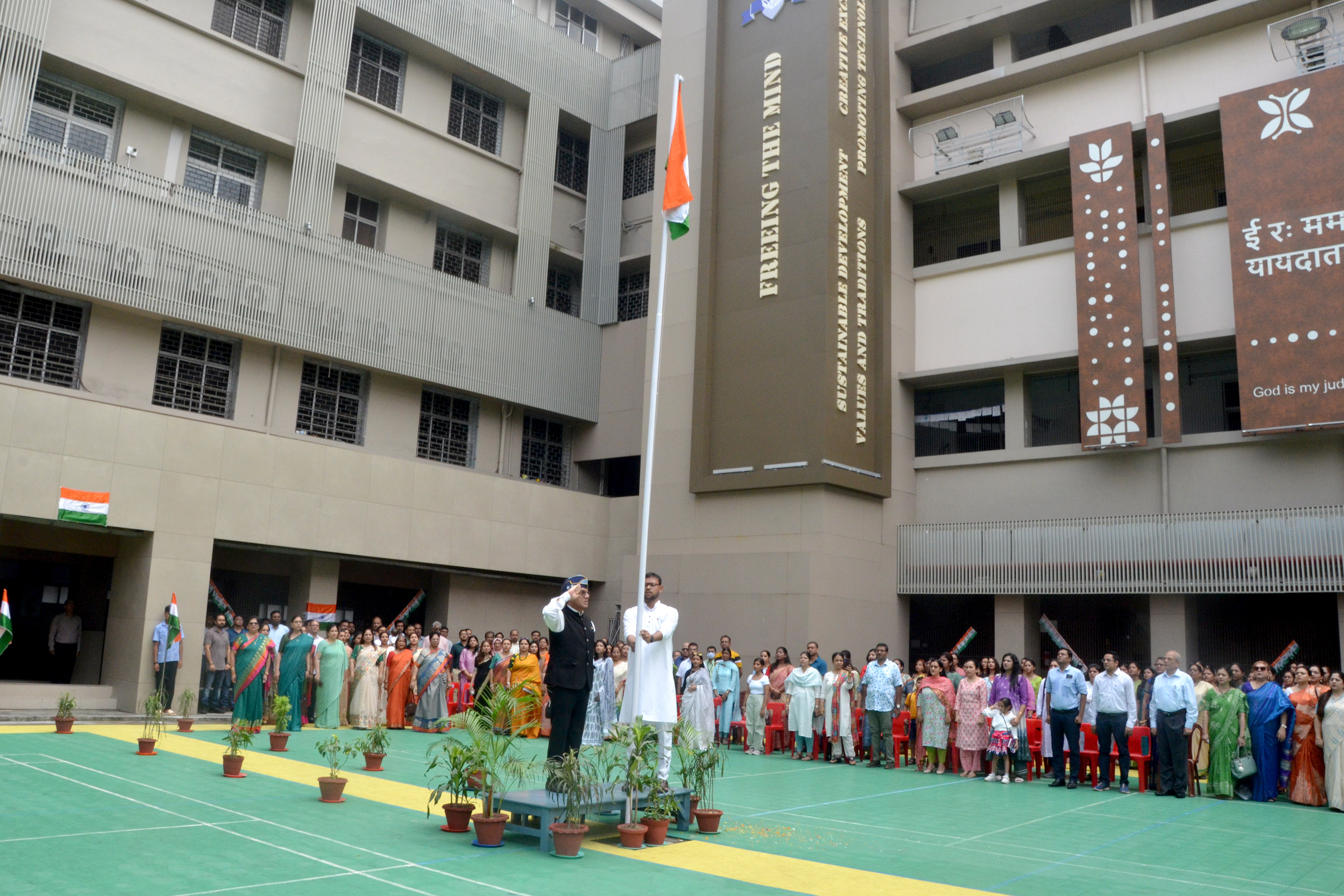
Introduction to Financial Literacy for CBSE Students
- Category: Uncategorized
- Posted By: admin
In today’s fast-paced world, financial literacy has become a crucial life skill that every student should possess. With the inclusion of financial literacy in the CBSE curriculum, students at Birla High School now have an excellent opportunity to build a strong foundation in managing money effectively. Understanding key financial concepts like budgeting, saving, and investing at an early age can help students make informed decisions and secure their financial future.
Why Financial Literacy Matters
Financial literacy is not just about managing money; it empowers students to develop healthy financial habits, avoid debt traps, and plan for long-term goals. At Birla High School, students are encouraged to grasp these fundamental concepts to foster financial independence and responsibility.
Key Financial Concepts for CBSE Students
1. Budgeting: The Art of Managing Money
Budgeting is the cornerstone of financial literacy. It helps students understand how to allocate their pocket money, track their expenses, and prioritize their spending. A simple monthly budget can include:
- Income: Allowance or money received from family
- Expenses: Books, stationery, snacks, entertainment
- Savings: Setting aside a portion for future needs
Encouraging students at Birla High School to create a budget early on can instill discipline and ensure they live within their means.
2. Saving: Building a Secure Future
Saving is an essential habit that every student should cultivate. Whether it’s for buying a new gadget, funding higher education, or preparing for unforeseen expenses, saving helps in achieving financial goals. Students can learn:
- The importance of setting financial goals
- The power of compound interest
- Opening a savings account to develop a habit of regular deposits
Birla High School promotes various activities and workshops that encourage students to understand the value of saving and investing wisely.
3. Investing: Growing Wealth Over Time
Investing is a step beyond saving and helps in growing money over time. While students may not actively invest at a young age, understanding the basics of investments such as fixed deposits, mutual funds, and stocks can be beneficial for their future. Key investment concepts include:
- Risk vs. Reward
- Time value of money
- Diversification of assets
Through financial literacy programs at Birla High School, students are introduced to these concepts in a simplified manner to build their knowledge gradually.
Practical Ways to Develop Financial Literacy
At Birla High School, various initiatives are taken to enhance students’ financial knowledge. Some practical approaches include:
- Interactive Workshops: Financial experts conduct sessions to simplify complex financial terms.
- Mock Budgeting Exercises: Students practice real-life scenarios to learn budgeting.
- Pocket Money Management Challenges: Encouraging students to save a portion of their allowance.
- Guest Lectures: Industry professionals provide insights into personal finance and career planning.
Benefits of Financial Literacy for Students
By gaining financial literacy skills, students can enjoy several benefits, such as:
- Better money management skills
- Increased financial confidence
- The ability to avoid financial mistakes
- Preparation for future responsibilities
Conclusion
Incorporating financial literacy in the CBSE curriculum is a significant step towards empowering students with the necessary skills to navigate the complexities of the financial world. At Birla High School, the focus is on nurturing responsible, financially aware individuals who can make informed decisions and achieve their life goals.
By understanding the principles of budgeting, saving, and investing, students can lay the foundation for a financially secure future. Let’s take the first step towards financial empowerment and make smart money choices today!


